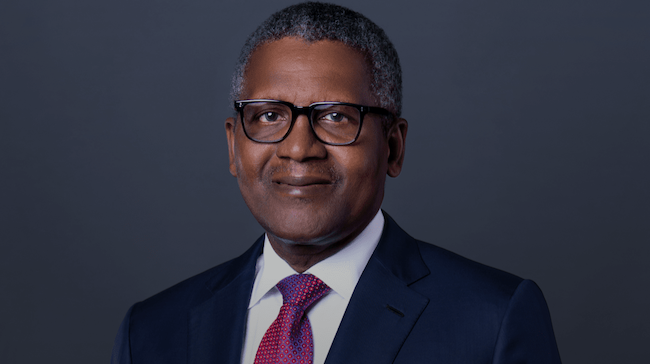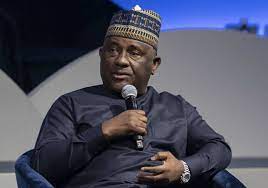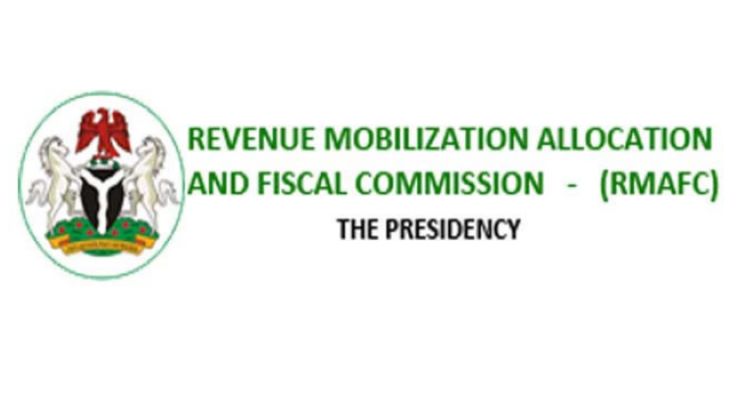The Federal Government has praised the contributions of platforms like Moniepoint in driving the growth of Nigeria’s informal sector. This commendation was made by Vice President, Senator Kashim Shettima, during the launch of the 2024 Nigeria Informal Economy Report, powered by Moniepoint in collaboration with the Small and Medium Enterprise Development Agency of Nigeria (SMEDAN) and the Federal Ministry of Industry, Trade, and Investment.
Shettima reiterated the government’s dedication to enhancing economic and financial inclusion as part of President Bola Tinubu’s Renewed Hope Agenda. He emphasized that financial inclusion is a crucial component of this agenda, with ongoing efforts to ensure that vulnerable populations have access to safety nets, such as those outlined in the ASO Accord signed earlier this year.
Represented by Dr. Nurudeen Zauro, Technical Adviser to the President on Economic & Financial Inclusion, the Vice President acknowledged the vital role of players in the informal sector, particularly Moniepoint. “We can all remember that during the COVID-19 lockdown and the recent currency changes, there were a lot of challenges, and we saw agencies like this come together and save the country at that point. This is because of the flexible initiatives they brought into the space, especially last-mile delivery, by providing a platform that allowed people to successfully transact. SMEDAN’s innovative streak has also been very commendable,” he said.
The Nigeria Informal Economy Report provides new insights for individuals and organizations aiming to understand the dynamics of Nigeria’s informal economy and contribute to a more inclusive and sustainable economic landscape. Key findings include the significant influence of a youthful demographic, with over 57.7 percent of business owners under 34 years old. The report also highlighted the untapped earning potential within the informal sector, noting that the average monthly income is below N250,000, with only 1.3 percent of businesses earning above N2.5 million monthly. Retail and general trade emerged as the leading industries, comprising 24 percent of all informal businesses.
In his opening remarks, Babatunde Olofin, Managing Director of Moniepoint Microfinance Bank, lauded informal business operators for their flexibility and innovation in adapting to changing market conditions. He noted that the informal economy significantly contributes to Nigeria’s GDP and can be mobilized to unleash the country’s full economic potential while providing essential support to the most vulnerable households.
The Minister of Industry, Trade, and Investment, Dr. Doris Uzoka-Anite, who officially launched the report, reaffirmed the Federal Government’s commitment to supporting small business operators in the informal sector. She emphasized that the often-overlooked informal sector would now begin to benefit from government interventions and incentives. “We are grateful to Moniepoint for conducting this report. It gives us the basis and foundation now to provide targeted intervention as part of the government’s approach to supporting the informal economy. This segment plays a significant role in the Nigerian economy, and we can now bring them up to enjoy incentives that the government is providing to the broader economy as well,” she said.
Charles Odii, Director General/CEO of SMEDAN, in a keynote presentation, highlighted that small businesses are the engine of the Nigerian economy, with most of the approximately 40 million small businesses operating in the informal sector. He emphasized that these businesses, driven by necessity and entrepreneurial spirit, exemplify the famous Nigerian ‘hustling’. He affirmed that SMEDAN is working to formalize these businesses and integrate them into the formal sector to enhance access to crucial resources such as finance.






